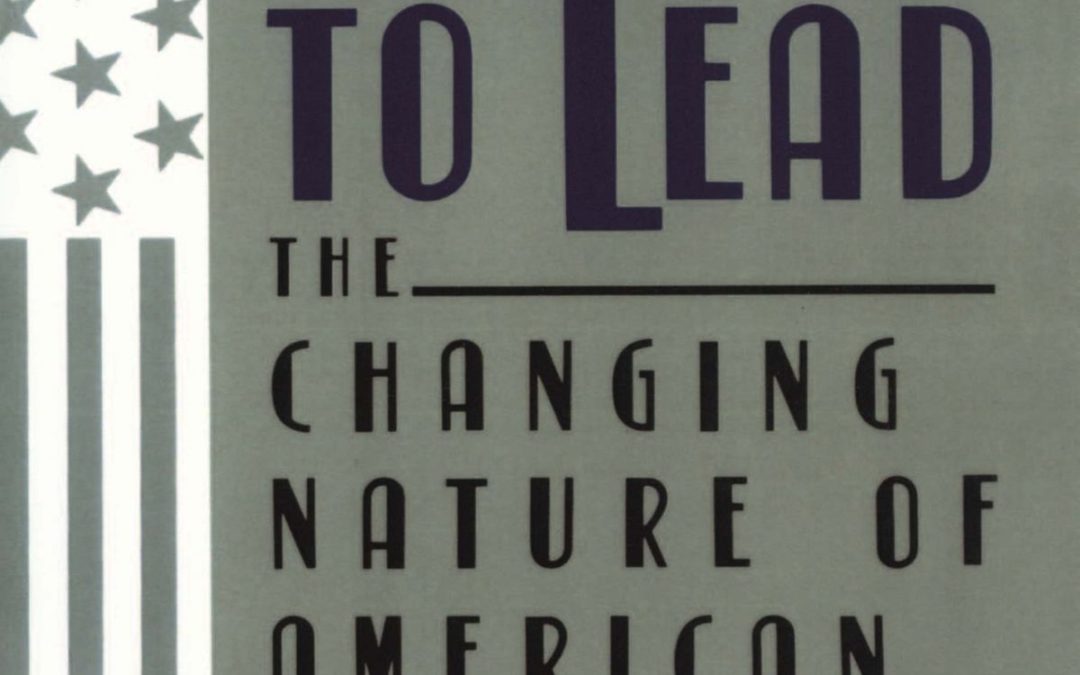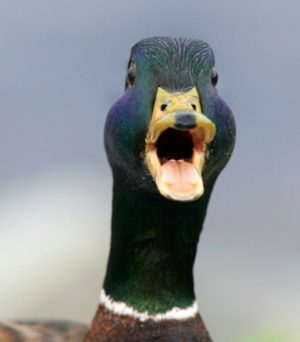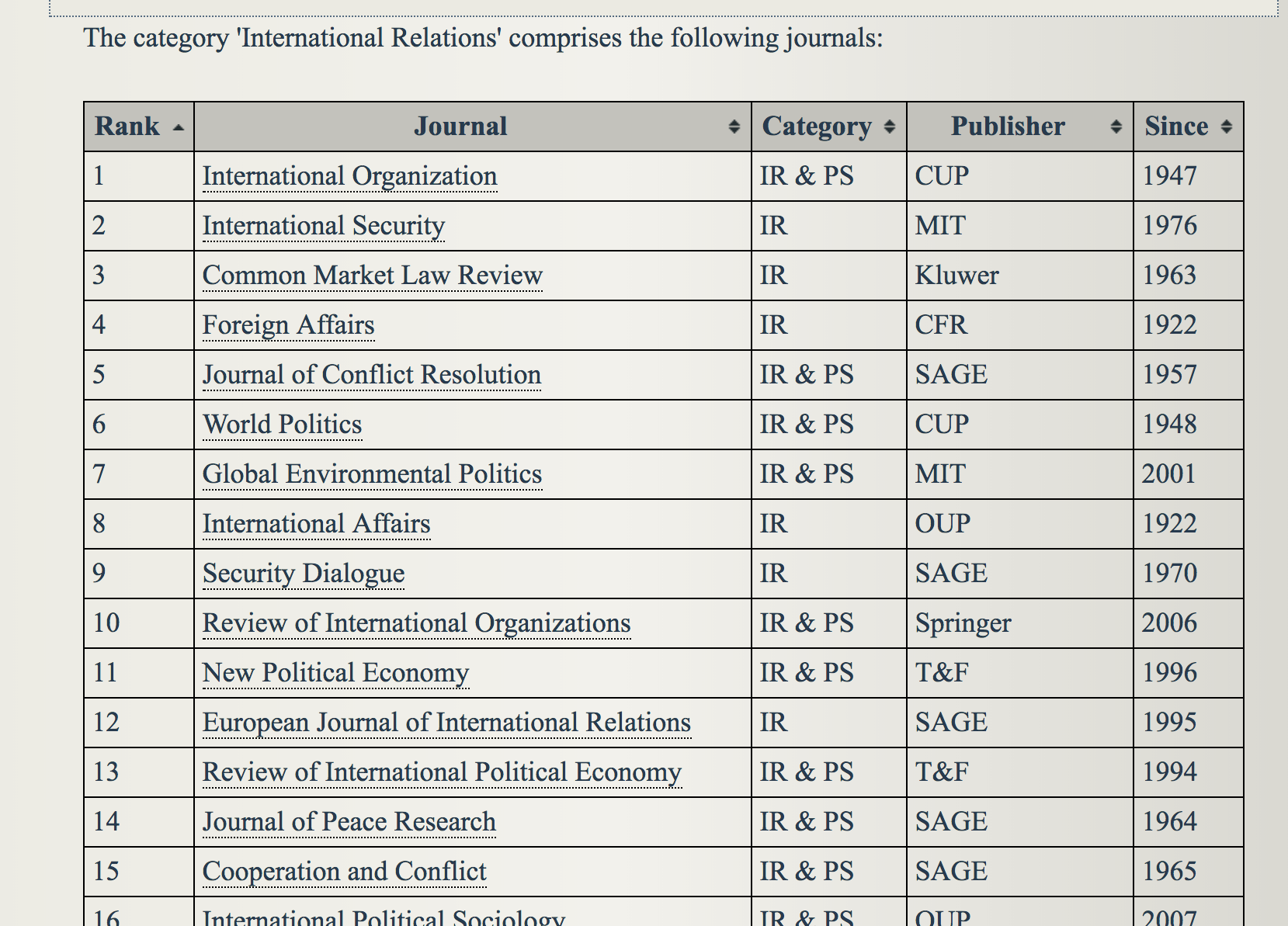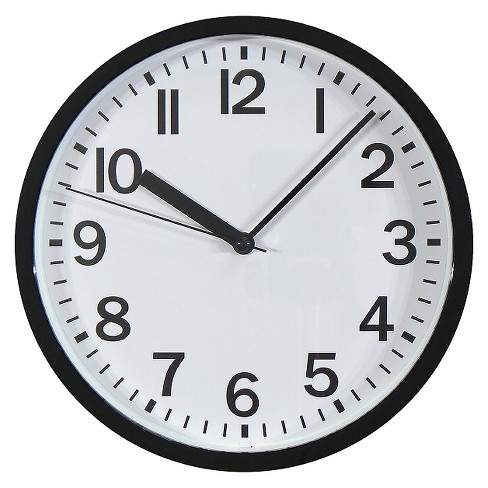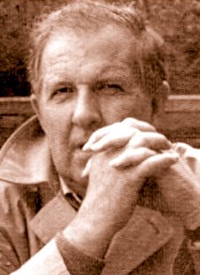Current trends in the academic job market paint a bleak picture. Data from U.S. universities reveal a drop in job postings in the Politics field over the past three years and a decline in tenure-track positions over the last decade. For 2021-22, APSA reported that...


